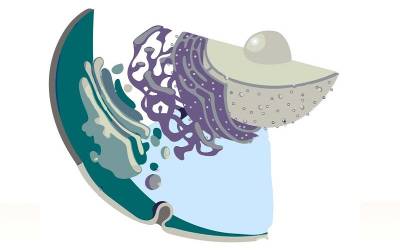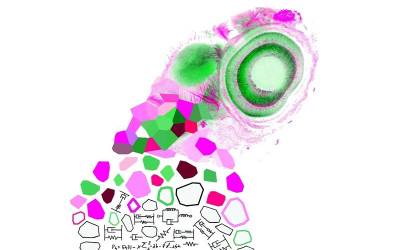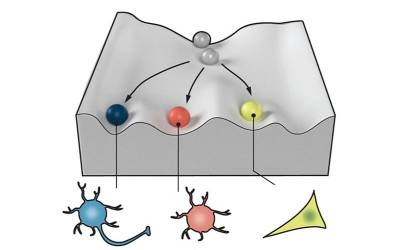Centre for Organelles to Cells to Organisms (COCO)
Mission
The study of the cell and of embryo development is fundamental for understanding our being. It touches on multiple areas of biology and relevant for disease. The scale and breadth of these endeavors is reflected in the diversity of data, methods and theoretical frameworks used to understand how a cell works and how an embryo develops. But at present cell biology studies are essentially limited to isolated cells questioning their physiological relevance. And whilst the developing embryo provides a perfect vehicle to view cells in the context of a living organism, it is inherently less tractable. COCO bridges the gap between in vitro and in vivo studies of the cell by uniting expertise and leveraging recent technological and theoretical advances. We use a bi-directional approach that extends findings from single cells to those in more physiological settings using state of the art optical and physical interrogation. And complement studies of the embryos as whole with more manipulatable multicellular model systems. This approach is underpinned by quantitative methods that includes computational modelling of organelle, cell function and morphogenesis.
Research Themes
- Organelle Networks

Organelles are the basic unit of the cell. They are traditionally viewed as physically separated entities that compartmentalize activity. But this view is being superseded by one where organelles are all intimately connected through regions of close apposition known as membrane contact sites. These nanobridges, typically centred around the endoplasmic reticulum act as focal points for information transfer between organelles that underpin many aspects of cell behaviour including lipid transport and Ca2+ signalling. Links to disease further cement their physiological importance. COCO researchers investigate organelles networks and its impact on in vivo physiology, using embryo development.
- Developmental Mechanics

Mechanobiology is an emerging field of research at the interface of biology and physics that focuses on how physical forces and changes in the mechanical properties of cells contribute to development, cell differentiation, physiology, and disease. Research on mechanobiology is one of the most rapidly growing areas however only a small proportion of this research is performed in vivo. In vivo techniques are being developed that could be used for mechanobiology studies during embryo development. Research at the COCO is focused on ‘Developmental Mechanics’ in vivo using a variety of different systems and embryos.
- Cell Fate Decisions

The making of correct cell fate decisions is fundamentally important for life. During development, it is critical for the generation of different types of cells at the right numbers, at the right place and at the right time, and during adult life it is critical for processes such as stem cell maintenance and regeneration. However, we are far from understanding how cell fate decisions are made in vivo. COCO studies how cellular organelle dynamics as well as the mechanical properties of cells contribute to the making of cell fate decisions in vivo.
 Close
Close

